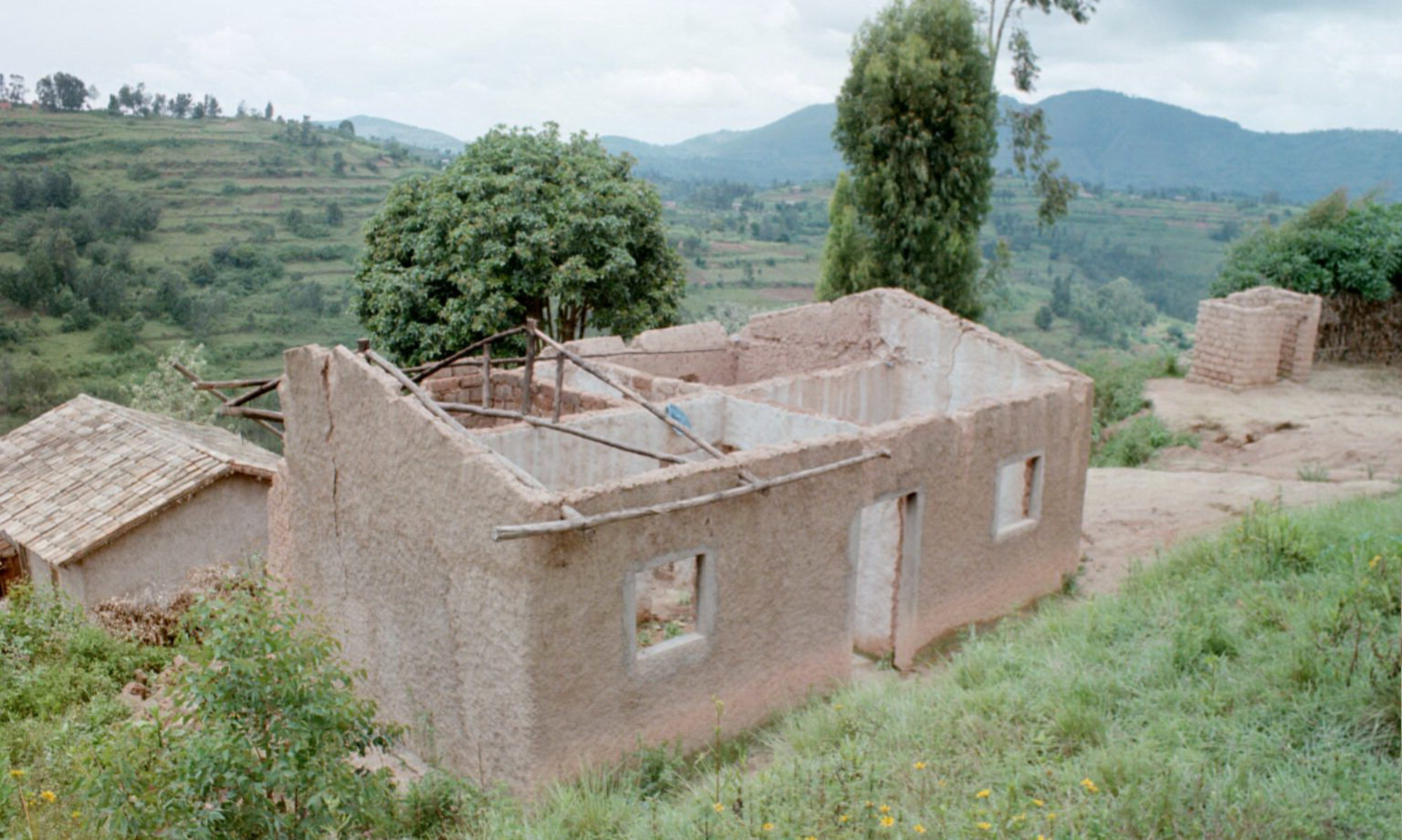ANTH 336 War & Society
This course provides cross-cultural and historical perspectives on war and its larger social context. The central questions of this course are: what is war? what is peace? how do we study war, its causes, and its consequences froman anthropological perspective? Course readings and lectures use political economic, cultural, and feminist approaches to understanding war and its effects on social life. Our case studies will be drawn from many regions of the globe, including the United States, with some discussion of current wars.
Class time will consist primarily of discussion and writing activities with occasional lectures, films, or guest speakers. Lectures will be devoted to the presentation of new material that is not covered in the reading and to explanation and exploration of the reading. Writing will play a central role in the course.
Learning Goals
This course introduces an anthropological perspective on war (and peace) and its relationship to society. The course will explore, in depth, the methods anthropologists use to analyze culture and social institutions.
Upon successful completion of the course, students will be able to:
- Explain and apply fundamental concepts such as war, peace, militarization, genocide, gender, political economy, and terrorism.
- Analyze, interpret and evaluate a variety of information (scholarly publications, eyewitness testimony, ethnographic films, etc.), assumptions, and arguments about war and peace.
- Demonstrate their mastery of these concepts by undertaking autonomous research and writing a clear, precise, and accurate research paper on a relevant question about war (or peace) and society or culture.
Required Texts
Fujii, Lee Ann. (2009). Killing Neighbors: Webs of Violence in Rwanda. Ithaca, NY: Cornell UP. ISBN: 978-0801477133
Manz, Beatriz. (2005). Paradise in Ashes: A Guatemalan Journey of Courage, Terror, and Hope. Berkeley: U of California P. ISBN: 978-0520246751
